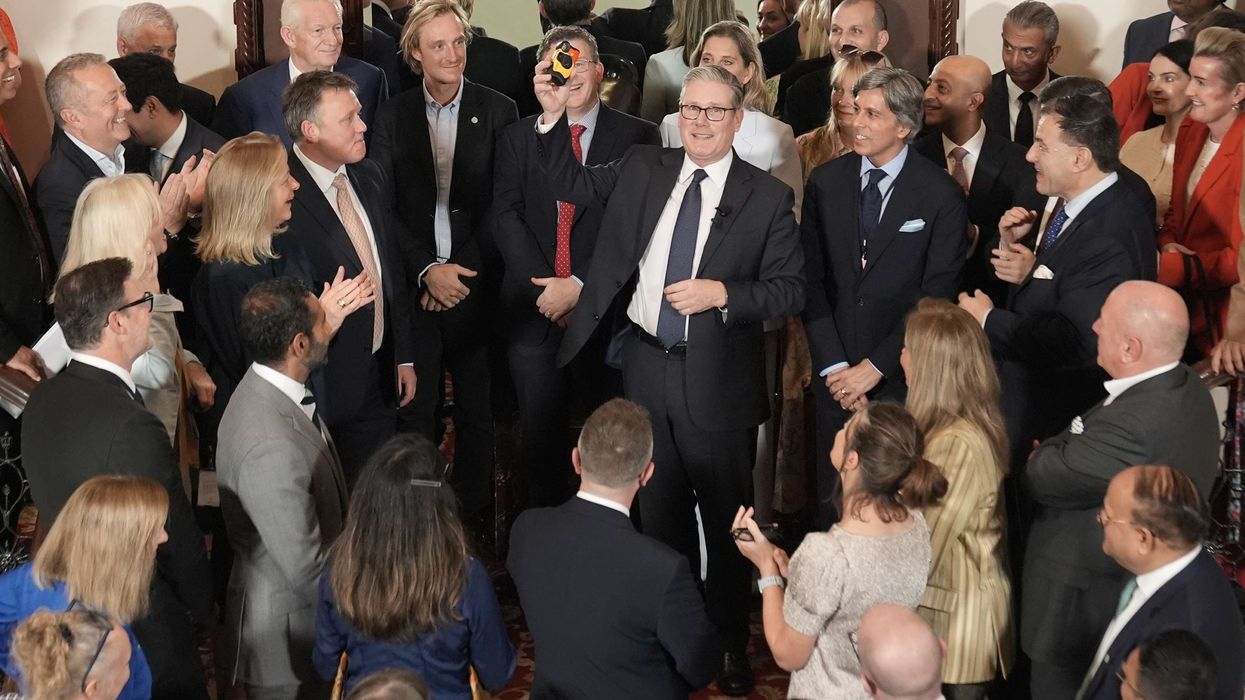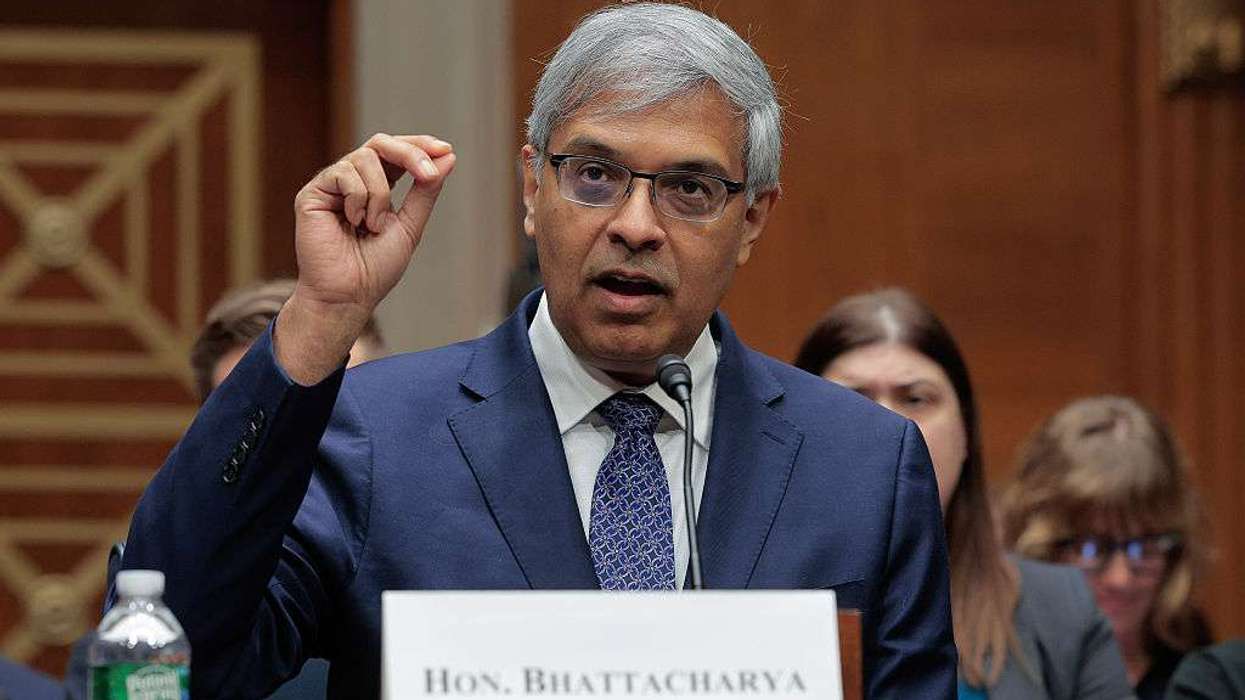Highlights:
- Starmer begins first India visit as prime minister with 125-member business delegation
- UK-India trade deal signed in July set to increase bilateral trade by £25.5bn by 2040
- Starmer urges speedy implementation but rules out expanded visa access for Indian professionals
- Meetings planned with Narendra Modi and major business leaders in Mumbai
PRIME MINISTER Keir Starmer said he wanted the new trade deal with India to be implemented as soon as "humanly possible" as he began a two-day visit on Wednesday, accompanied by more than a hundred leaders from the business, culture and university sectors.
Britain and India signed a free trade agreement in July during Indian prime minister Narendra Modi’s visit to London.
The deal aims to cut tariffs on goods such as textiles, whisky, and cars, and open greater market access for businesses. Talks concluded in May after three years of negotiations. Both sides have said they plan to ratify the deal and bring it into effect within the next year.
I'm flying the flag for British business in Mumbai, because growth in India for British businesses means more jobs for people at home. pic.twitter.com/H4TnuTEjQe
— Keir Starmer (@Keir_Starmer) October 8, 2025
The agreement between the world’s fifth- and sixth-largest economies aims to increase bilateral trade by 25.5 billion pounds by 2040. Current trade between the two countries is worth around $54.8 billion, with investments supporting more than 600,000 jobs across both nations.
‘Implement it quickly’
Speaking to delegates on arrival in Mumbai, Starmer said, “It provides huge opportunities,” adding that he had asked his team to implement the deal as “quickly as humanly possible.”
“I think the opportunities are already opening up... Our job is to make it easier for you to seize the opportunities,” he told the trade mission, which includes executives from BP, Rolls-Royce and BT.
The visit, which includes a 125-member delegation led by business and academic leaders such as British Airways chief executive Sean Doyle, is focused on maximising the benefits of what is Britain’s biggest post-Brexit trade deal.
Meetings with Modi and business outreach
Starmer will hold bilateral talks with Modi on Thursday and address a fintech conference in Mumbai alongside him. India’s foreign ministry said the visit “will provide a valuable opportunity to reaffirm the shared vision of India and the United Kingdom to build a forward-looking partnership.”
Under the new deal, India will reduce tariffs on imports of British goods such as whisky, cosmetics and medical devices, while the UK will lower duties on clothing, footwear and food products, including frozen prawns from India.
However, Starmer ruled out expanding visa access for Indian professionals despite calls from industry. “That isn’t part of the plan,” he said en route to Mumbai. “We’re here now to take advantage of the free trade agreement that we’ve already struck. We’ve got to implement it.”
Trade priorities and economic outlook
Growth remains a key priority for Starmer as he seeks to strengthen Labour’s position ahead of a November fiscal budget expected to show a challenging economic picture.
Shevaun Haviland, Director General of the British Chambers of Commerce, said Starmer should avoid increasing business taxes in the upcoming budget and instead focus on building trade links with countries such as India and the Gulf.
“We’ve got partners all over the world, and that should be our role,” she told reporters, adding that Britain could pursue free trade deals while also managing the effects of a global trade war and seeking to lower US tariffs. “I think that the government is big enough to do both.”
Rights concerns raised
Rights groups have urged Starmer to raise the case of Scottish Sikh blogger Jagtar Singh Johal, who has been detained in India since 2017 over an alleged plot to kill right-wing Hindu leaders.
Johal has not been convicted, and one of the nine charges against him was dismissed in March.
(With inputs from agencies)





